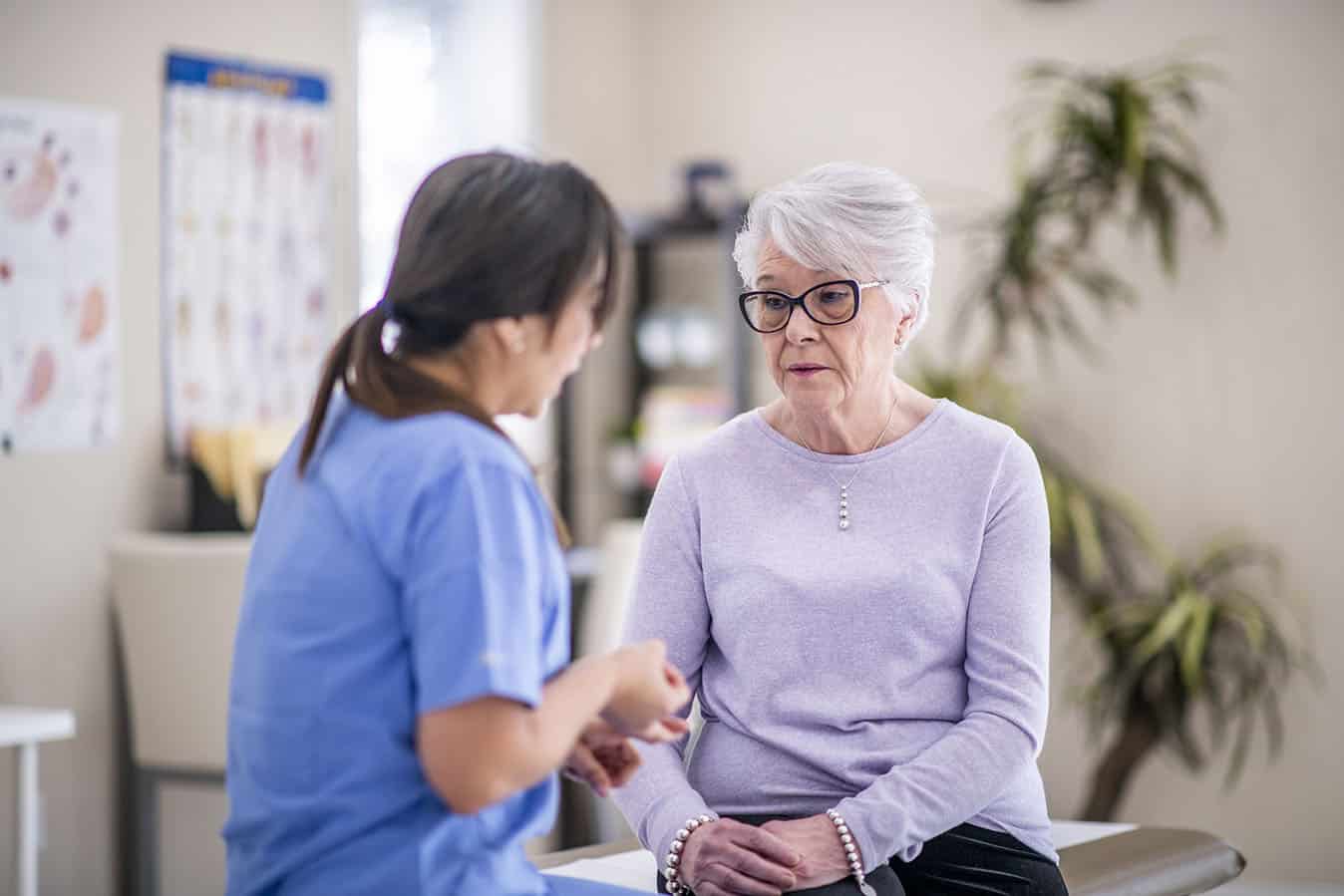When life is irretrievably coming to an end from progressive chronic illness in advanced age, patients aspire to have time and opportunity for conversation on quality enhancement by compassionate and talented health professionals.
Clinicians who have had adequate capacity building on communication know how to start a discussion on our choices, manage fear, support anticipatory grief and guide decision-making on transition to supportive and palliative care to enable a good death.
The pressures of the COVID-19 pandemic on hospitals and residential aged care have led to a diminished opportunity for these considered end of life discussions. Health systems, including the US, the UK, and Hong Kong, are likely better prepared than Australia as they have for several years proposed and trialled not just the contribution of nurses to physician-initiated conversations but incorporated responsibilities for nurse-led end of life discussions with proven success.
In the Australian health system, the traditional gatekeeping role of physicians sometimes constitutes a bottleneck where precious time for transition out of active management into supportive care is needlessly wasted for dying patients. There is no doubt that generalist and specialist nurses spend many hours as advocates with patients and their families and understand the patients’ needs beyond the physical to help preserve their autonomy toward the end of life. Nurses are a key to their seamless navigation of the health system from the time patients receive bad prognostic news to the family support in the aftermath. However, the lack of well resourced and coordinated communications training to enhance nurses’ confidence in initiating the discussion in the emergency department is one of the widely acknowledged – but not insurmountable- barriers.
A culture change could facilitate difficult conversations and documentation of choices and decisions not only in times of global crises and instead become an integral and sustainable component of the modern healthcare system. While it is early days and wider implementation has not eventuated, recent attempts at expanding the role of nurses and piloting proactive ED nursing engagement in palliative care discussions are emerging in Australian urban and rural settings and community health to fill this practice gap with promising consumer acceptability. Since there is also nursing motivation, we need to explore more the translational effectiveness of these findings across settings.
Searching for nurse-led models of service is becoming inevitable due to both the increasing demands on acute hospitals from an ageing population surviving longer with chronic illness, and the COVID-19 pandemic. Let’s take these opportunities to normalise nurse-led advance care planning in our health system by incorporating ACP training and motivational interviewing in all nursing streams. A system where nurses can put patient care preferences in motion with an initial (and ongoing) discussion will save time and spare grief to families; it will assist treating communication with clinicians during their patients’ subsequent unplanned emergency visits; it will re-shape the way we perceive dying from natural causes and accept the inevitable. Above all, it will reduce decisional conflict, prevent unnecessary suffering, and minimise administration of low-value care.
Authors:
Dr Magnolia Cardona, A/Professor of Health Systems Research and Translation (Gerontology), Gold Coast Hospital and Health Service, QLD
Mr Steven Pitman, Nurse Practitioner, Palliative Care, Albury-Wodonga Health, VIC








